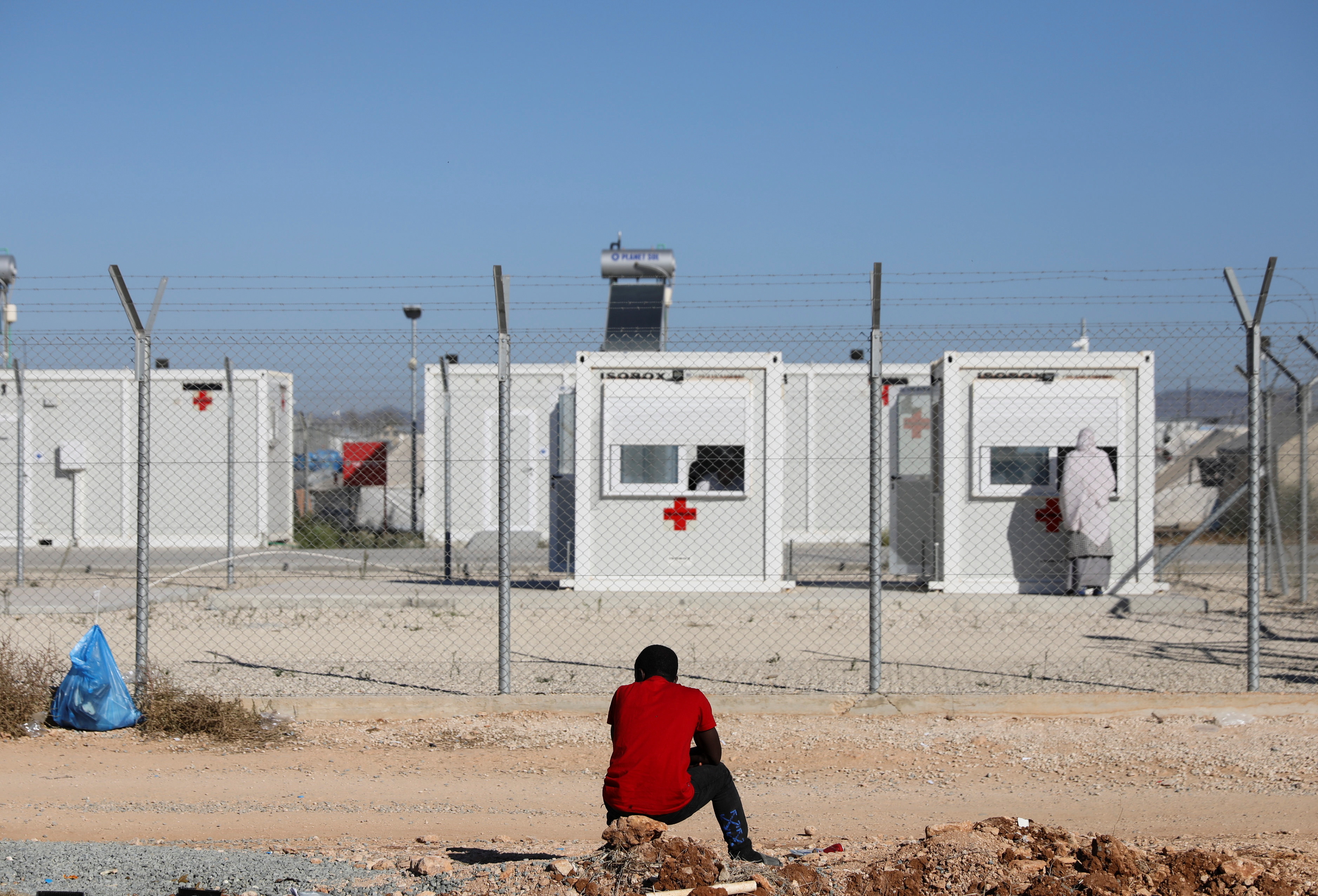A series of measures have been decided aimed at reducing the high levels of irregular migration to the Republic, it was announced after an extraordinary meeting on the issue was held on Tuesday.
Government spokesman Marios Pelekanos said after the meeting that Turkey is instrumentalising migration against the Republic, aiming to alter the nation’s demographics. He emphasised that asylum seekers now comprise five per cent of the population.
His statements after the meeting, however, were light on detail and lacked specifics as to how the government hopes to achieve its stated aims of reducing the migrant flows.
But Pelekanos said that the measures will prevent entry into the Republic, tackle undeclared workers in the gray economy, address overpopulation at reception centres and further press the EU to bolster the return of rejected asylum seekers.
The meeting came as Frontex, the EU’s border agency, issued its latest report which found that illegal crossings into Cyprus rose three-fold in the first three months of 2022 compared to the same period the previous year and accounted for 5,100 of 7,005 such cases for the entire Eastern Mediterranean route.
In the month of March, the total number of migrants detected also doubled to nearly 3,250, it added. The main nationalities detected were Nigerians and Congolese.
“Refugees fleeing Ukraine and entering the EU through border crossing points are not part of the figures of illegal entries detected,” the report stated.
The government is caught in a bind: it wishes to reduce the flow of irregular migrants – of which it accuses Turkey of instrumentalising, a country which does not recognise the Republic – but it is a signatory to UN treaties which place obligations on it to accept and protect asylum seekers, regardless of how they enter the country.
The government has accused Turkey of facilitating the arrival of people into the north, as Interior Minister Nicos Nouris has argued that: “these people [irregular migrants] flew to the north from Istanbul after receiving a 60-day visa from the ‘government’ there, and then crossed over through the buffer zone”.
The matter is further complicated by the peculiarities of the Green Line, which neither the Republic nor the EU accepts as a border but efforts are being made to erect barriers to prevent the uncontrolled and unchecked flow of goods and people.
“There is no other solution except taking action on the Green Line to limit migrant flows,” Nouris has previously stated, while also saying that up to 75 per cent of such arrivals take place through the dividing line.
That has led the state to install razor wire fence along vast stretches of the Green Line – set to span 11km, with plans for it to start from Astromeritis, Peristerona and Akaki all the way to the defunct Nicosia airport.
Last week, the Cyprus Mail reported that metal gates are being installed along key points of that razor wire fencing which has been erected – as the government hopes the barrier will act as a deterrent to irregular migrants.
Elsewhere, the government last year signed an agreement to procure modern technology systems from Israel for surveillance along the buffer zone.
The system will operate 24 hours a day, with cameras installed at several points along the buffer zone, it was reported at the time. The project is costed at €27.5m.
The sharp rise in the number of arrivals over the past few years has placed enormous pressure on the reception centres, most notably Pournara.
It has consistently earned headlines for mass brawls, appalling conditions, and, most recently, unaccompanied minors declared missing – some for up to three years.
Earlier this year, Cyprus hailed the signing of a memorandum of understanding with the EU which attempts to alleviate issues stemming from the migration pressures.
The stated aims of the agreement are to enhance first reception capacity, the implementation of timely asylum procedures, establish effective integration and improve efficiency of returns.
It is the last point – returns – which has most recently become the focus of the Republic’s efforts to reduce the number of migrants and failed asylum seekers.
The interior ministry has previously lamented that once irregular migrants are in the Republic it appears to be almost impossible to repatriate them, even after their asylum applications are rejected.
The government has previously attempted to enhance its toolkit to reduce the flows, such as drawing up a list of safe countries – from which applications shall be considered manifestly unfounded and denied on a fast-track basis, unless the individual provides concrete proof he or she is truly at risk in their country of origin.







Click here to change your cookie preferences